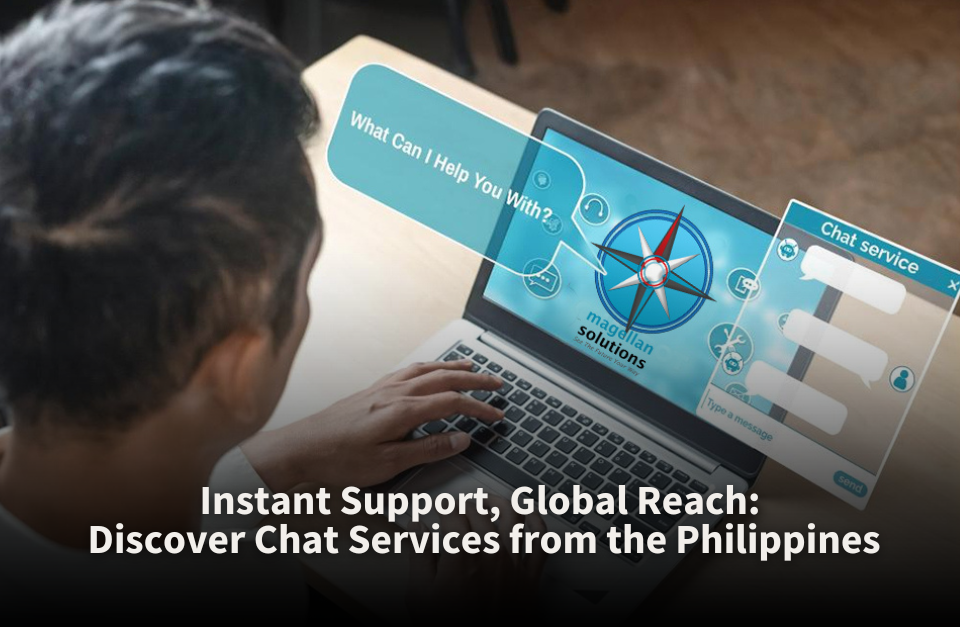Schedule a FREE call with our outsourcing expert now and get a precise quotation that meets your requirements. Don't wait - get started today!
When outsourcing parts of your business, protecting your data should be at the top. With so much sensitive information being shared with third-party vendors, it’s easy to overlook its vulnerability. BPO security is more than just keeping things safe—it’s about building trust and ensuring that the data you rely on remains protected.
As data breaches and cyberattacks become more common, having the proper security measures in place is essential. Whether it’s customer information, financial records, or trade secrets, losing control over your business data can be costly. In this article, we’ll explore simple yet effective ways to keep your business secure when working with BPO providers.
Understanding BPO Security: Why It Matters
Outsourcing comes with multiple benefits, but it also exposes your business to potential risks. One of the most significant risks is the threat to your sensitive data. BPO providers handle a lot of your business’s confidential information—customer details, financial records, or trade secrets. If this information is exposed or lost, it can lead to serious consequences.
With that in mind, businesses must prioritize information security by choosing a BPO provider with proven security practices.
Did you know? A recent study found that 60% of data breaches involve third-party vendors, so selecting the right partner is key to protecting your business.
How to Safeguard Your Data with Security Practices
A solid BPO security plan starts with clear security practices. You must ensure that your BPO provider has a framework that focuses on protecting both data and systems. Here are some key practices to look for:
1. Robust Security Measures
When selecting a BPO provider, ensure they have robust security measures in place. This includes the use of firewalls, encryption protocols, and security monitoring systems. These tools are crucial to detect and prevent unauthorized access to your business data.
2. Multi-Factor Authentication (MFA)
Multi-factor authentication is a simple yet effective way to safeguard your data. MFA requires users to provide two or more verification factors, such as a password and a fingerprint, before accessing sensitive information. This adds an extra layer of protection, making it harder for cybercriminals to gain access to your systems.
3. Data Encryption
Encryption is vital for protecting sensitive information, especially when it’s being transferred. Your BPO provider should be able to encrypt data both in transit and at rest. This ensures that even if your data is intercepted, it remains unreadable.
4. Regular Security Audits
Security is an ongoing process. Regular security audits help identify vulnerabilities in your systems. Ensure that your BPO provider conducts regular checks and makes updates to their security practices as new threats emerge.
Managing Security Threats: The Role of People and Technology
A major threat to your BPO security doesn’t always come from outside sources. Sometimes, the risk lies within. Human error is responsible for a significant percentage of security breaches. Employees, either at your company or your BPO provider’s, can accidentally disclose sensitive information or fail to follow security protocols.
Here are some steps to minimize human error and strengthen your security posture:
1. Training and Awareness Programs
Training your team is essential. Make sure your employees are educated on data protection and the best security practices. A well-informed team will better recognize phishing attempts and other malicious activities. Your BPO provider should offer similar training to their staff to ensure consistency in security practices.
2. Access Control and Least Privilege
Control who has access to your sensitive information. By following the principle of least privilege, you ensure that employees and partners only have access to the data they need to perform their job. This minimizes the chances of unauthorized access and reduces the risk of data breaches.
3. Security Policies and Procedures
Make sure that both your business and the BPO provider have clear security policies and procedures in place. These should include steps for managing sensitive information, dealing with potential security incidents, and reporting breaches.
4. Incident Response Plan
No system is 100% secure, so it’s important to have an incident response plan. This plan outlines the steps your team will take if a data breach or security threat occurs. Quick action can minimize the impact of a breach and protect your business reputation.
Data Breaches: What You Need to Know
A data breach can happen to anyone. Even with the best security practices, breaches still occur. When they do, the results can be disastrous.
Here’s what happens during a data breach:
- Sensitive information is accessed or stolen.
- Business operations can be disrupted.
- Customers lose trust, and your brand reputation can take a hit.
Common Causes of Data Breaches
Data breaches often occur due to weak security or poor security practices. Some of the most common causes include:
- Weak passwords.
- Outdated software.
- Phishing attacks.
- Unencrypted data.
It’s important to remember that the cost of a breach is not only financial. A breach also impacts your customers’ trust and your business’s long-term success.
How to Choose a Secure BPO Provider
Choosing the right BPO provider is one of the most important steps in safeguarding your business. Ensure your provider follows industry standards and complies with data protection regulations like GDPR or CCPA.
Here’s a checklist to guide your decision-making:
- Ask about their security practices and policies.
- Ensure they use multi-factor authentication and encryption.
- Verify that they conduct regular security audits.
- Look for certifications, such as ISO 27001, that meet international security standards.
By prioritizing security when selecting a BPO provider, you can reduce your risk and safeguard your company’s future.
Secure Your Business with Magellan Solutions
Magellan Solutions offers tailored security practices designed for SMEs. Our services ensure your sensitive information stays secure from robust security measures to multi-factor authentication.
Book your FREE 60-minute business consultation today, and let’s strategize how to elevate your operations—NO COMMITMENTS, just results-driven insights! Our team at Magellan Solutions can help you implement the best security protocols and provide ongoing support to keep your data safe. Let us help you build a secure and efficient future.
















